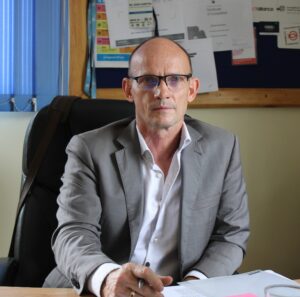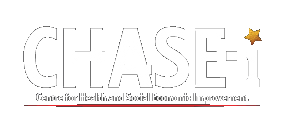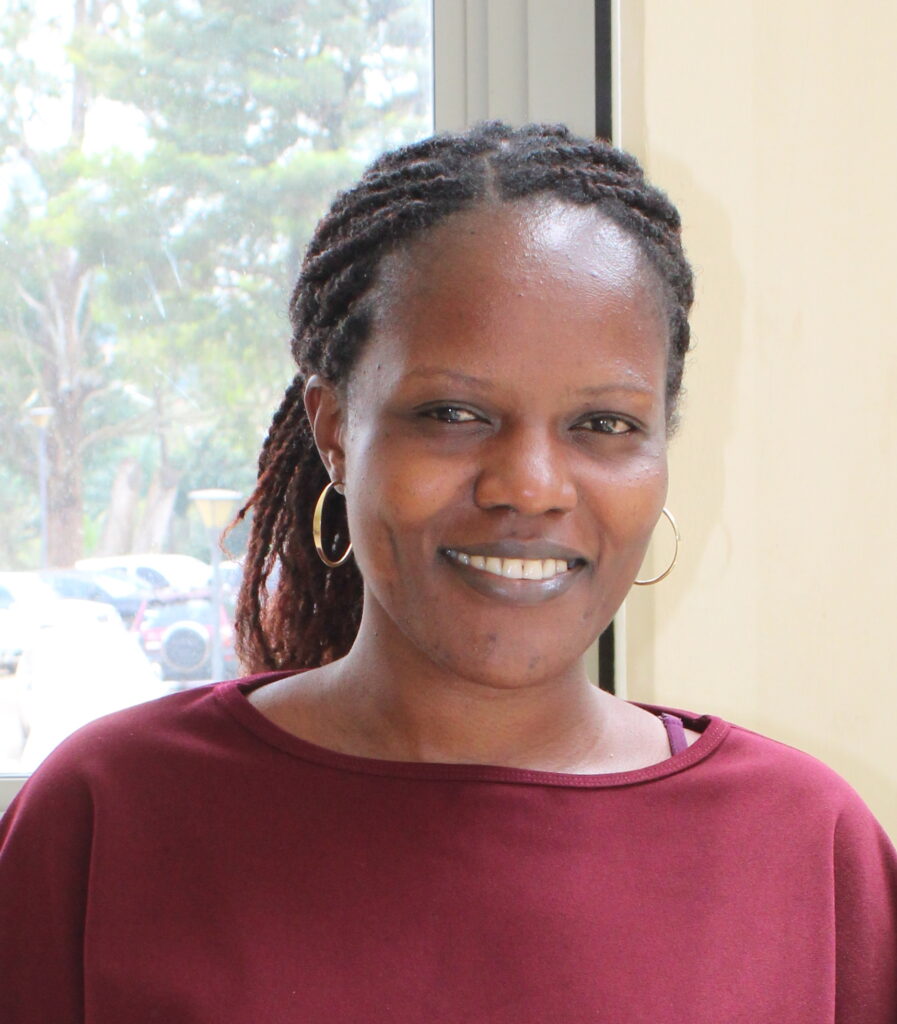Quick Chat with JESSE KAMSTRA, Country Representative – LWF Uganda.

Jesse Kamstra
- December 2, 2020
In your opinion, how badly has COVID impacted refugees? Who has been hit the most?
Jesse Kamstra: COVID-19 has come onto a situation where refugees already faced high levels of vulnerability. Refugees do not tend to have less resilience and mechanisms to cope with shocks compared with the average Ugandan. They have no access to land and are more dependent on support, including from the international community such as food and other provisions. COVID-19 has amplified the more vulnerable in our communities and society – refugees or not. We have already seen that food rations have been cut due to limited resources and increasing needs in other sectors, i.e. health. We are also seeing that the most vulnerable in the settlements have lost touch with their families that used to support them financially. There are some refugees who used to move to urban centers to find work to support their families however this was not possible given the circumstances.
Various COVID assessments have been undertaken by different researchers and institutions, what are your thoughts on this? What do you think is missing in all these different studies and what do you think needs to be done?
Jesse Kamstra: The various assessments carried out are all very important and valuable. They help us to better understand the situation. My main concern is about making sure that the evidence from the various studies is used and can guide policies, programmes and budgets. Studies are also most useful when they provide insights into the solutions and how, in Uganda, we can better address the challenges we are facing and mitigate the negative impacts. I would love to see action based on the research.
And who do you think would be in a better position to do this?
Jesse Kamstra: I believe it is about building dialogue and collaboration to ensure evidence-based action. Many of the assessments call for us to “build back better”, however the ‘how’ often remains unanswered. How can we build a-post COVID world that is better and stronger to deal with future shocks – COVID or not? What have we learned during this period? How can we have more dialogue between all the actors? How can we deliver more efficiently and more effectively? These are the questions we need urgent answers to as we need to find solutions that strengthen the resilience of populations; and we need to do so with decreasing amounts of resources. We need to consider our targeting and delivery very carefully to provide the best possible support to the people of concern.
LWF’s partnership with Makerere and others on the REFLECT study – what is different about it?
Jesse Kamstra: We are delighted to have partnered with Makerere University’s CHASE-i. I believe that this type of collaboration putting academia at the centre can help move our reflections to the next level where we not only have great research but also have strong linkages with government and other key institutions from the onset. I believe that it will enable us to go a step closer to ensuring it is relevant and therefore can also guide action. Usually what we see being done as research has only a handful of participants, like 200 or 300 and only done in a few zones within a single refugee settlement – then they make conclusions. But this study has a very big sample size of over 2,000 people and has been undertaken in different settlements, different regions of Uganda and among different nationalities of refugees. It provides us with a more comprehensive insight into refugee matters and should help us to improve our programmes and targeting using the limited resources most IPs usually have.
Any recommendations to the government and other NGOs?
Jesse Kamstra: COVID-19 has served as a stark wake-up call on the need to strengthen the resilience of people more generally but especially the most vulnerable in society as they face the greatest negative impact. It also calls for greater reflection about how we can do things better; how we can build back better to uplift people in society and protect them better and more efficiently.
About the interview:
Jesse Kamstra is Country Representative of the Lutheran World Federation (LWF), Uganda and Burundi. In Uganda, LWF is operational in over 20 refugee settlements since 1979, implementing multisectoral programmes covering emergency and development. LWF is a partner on the REFLECT Study.
This Quick Interview with Mr. Kamstra was conducted by Joshua Aisu, CHASE-i Programs Assistant.


